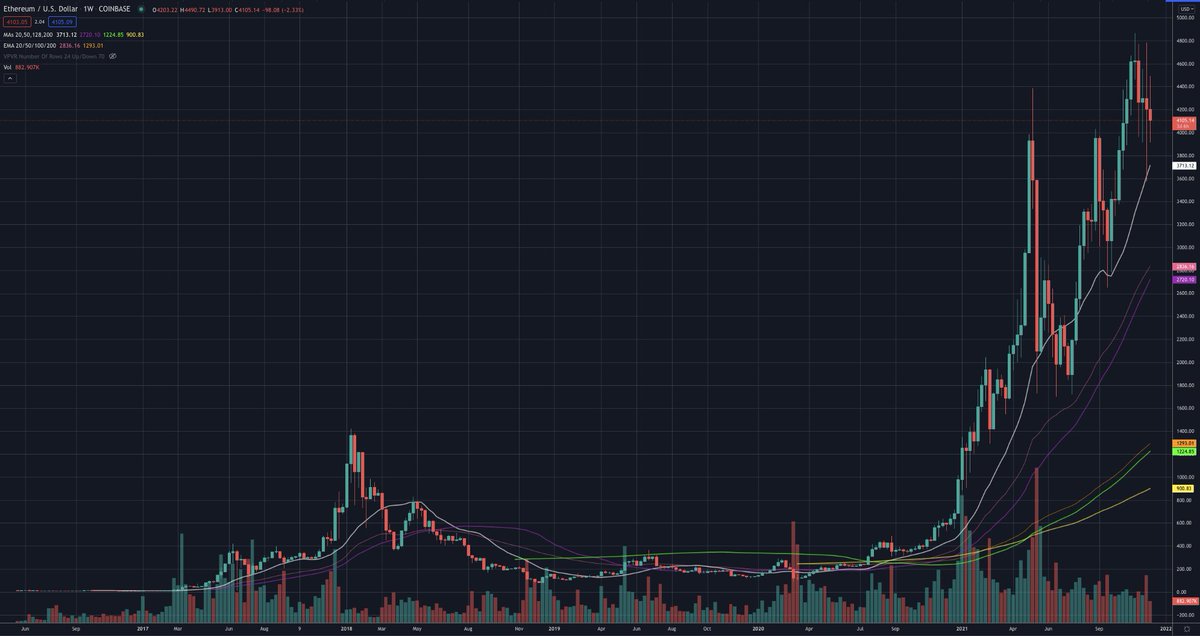
The higher up the stack a token sits, the more the token is about governing the token.
Counterintuitive? Absurd? Only if you think tokens are value-less 🧵
Counterintuitive? Absurd? Only if you think tokens are value-less 🧵
While PoW-assets like $BTC have little to do with governance, and layer-1 PoS-assets like $ETH 2.0 have clear value-accrual models through the emerging economies they power, middleware protocols or applications-with-tokens are still defining their value models.
It's clear to everyone that launching a token is a great way to turbocharge growth in the short term, but it's less clear how that growth can be sustained, and paid for, in the long term.
Any token project gets a giant window of grace to figure its sustainability out because they create their own capital, often sitting on 8-10 figure balance sheets that take a while to burn down.
But ultimately, once the balance sheets are burned down, all protocols will need to find a way to satisfy the following simple equation:
User Payments >= Cost to Run
User Payments >= Cost to Run
Which takes us back to the token. If there's sufficient surplus -- in other words, user payments are materially more than the cost to run -- then token holders will want to decide how that surplus is spent.
Reinvested? Token buybacks? Dividends?
Reinvested? Token buybacks? Dividends?
(Or we could exist in a zero-profit world, which would also be interesting)
And while token-based governance is rudimentary right now, the capital-asset that capitalized the system holds the natural right to govern the system (same goes for equities).
At the middleware and application layer, it's less clear that governance should be used for technical decisions, but more clear that it should be used for economic decisions that affect all token holders.
Leading us back to conclude: the purpose of a token is to govern the token
Leading us back to conclude: the purpose of a token is to govern the token
• • •
Missing some Tweet in this thread? You can try to
force a refresh









